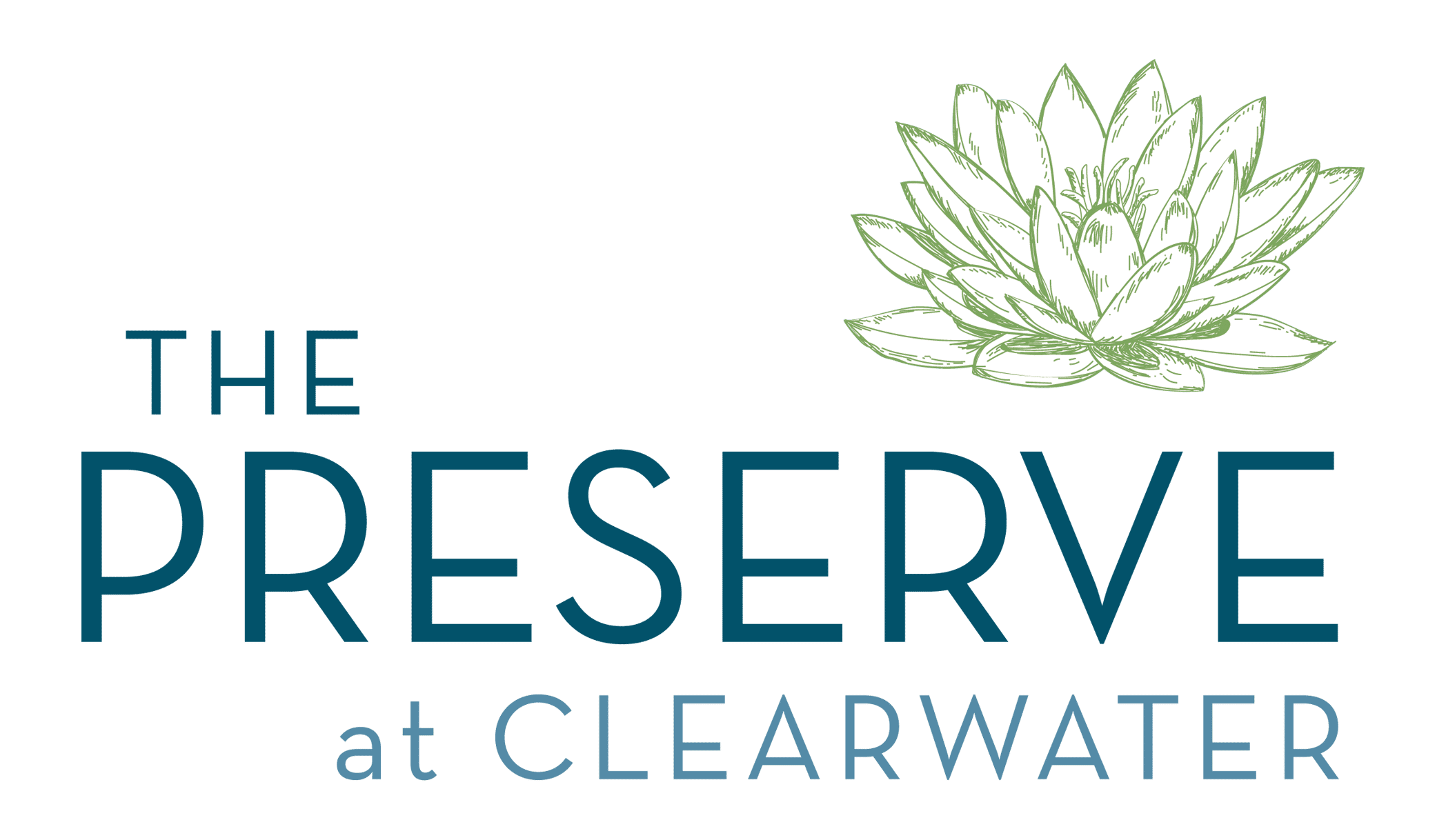
You strive to eat healthy and hit the gym when you can — or at least sneak out for a daily walkwith the dog. But are you getting all the nutrients your body needs to function at its best? If you’re over 50, there’s a good chance you’re not.
“In general, as we get older our ability to absorb many nutrients — vitamins and minerals and other bioactive components of foods — tends to wane,” says Howard D. Sesso, director of nutrition research and an associate epidemiologist at the division of preventive medicine at Brigham and Women’s Hospital. This, combined with a decrease in appetite that often comes with age, he explains, can often lead to nutritional deficiencies in older adults.
“As you age, it is important to eat healthy to prevent age-related changes like increased risk for chronic disease, bone loss, muscle loss and decreased metabolism,” adds Brooke Levine, a dietitian nutritionist at NYU Langone Health.
That’s why, beginning in our 50s and 60s, we need to make sure we get enough of certain nutrients in our diets.
To learn about a few that are important for older adults, along with advice on how to incorporate them into your daily breakfast, lunch, dinner and snacks, from AARP, CLICK HERE.

